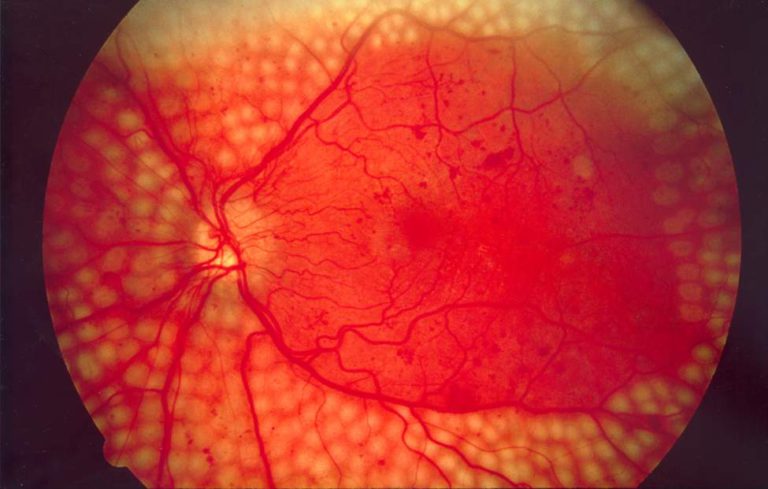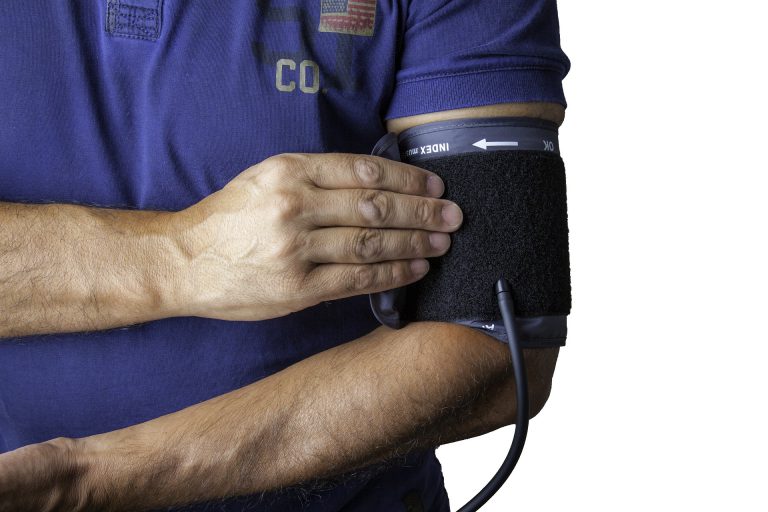Can Diabetes Affect Your Mental Health?
Diabetes is relentless and requires constant attention, awareness and decision making. Diabetes self-management can therefore be demanding, complex and stressful. But diabetes doesn’t only affect people’s physical health – it can also have a profound impact on their emotional health. According to the 2017 Future of Diabetes report, 64% of persons living with diabetes sometimes or often feel down because of their condition and less than 25% get the emotional and psychological support they need.
So, diabetes can be really tough to live with, and it is quite common for anyone living with diabetes to experience negative emotions such as anger, frustration, hopelessness, fear, guilt and shame. One day you may be feeling like things are going well – your condition is under control and you can allow yourself to focus on other things. On other days, you may feel quite overwhelmed by it all. Dealing with a lifelong condition and managing the risk of complications can seem like a daunting task, particularly when you are newly diagnosed.
When a person is first diagnosed with diabetes, they often go through similar psychological stages as that of bereavement. They may feel disbelief, sometimes denial, and even anger. Denial is quite common among persons living with diabetes, especially when first diagnosed. Initially, there’s disbelief and the question “Why me?”. But when the denial extends for a longer period of time there’s a reason to worry, as a number of studies have shown that when people continue to use denial as a way of coping, it will often result in poorer diabetes health.
It is also normal for people with diabetes to experience anger and frustration for having a lifelong condition whilst other people are healthy. The anger may be directed at family members or friends who don´t fully understand what you are going through. You may even be angry with your doctor or healthcare provider because they don’t have a cure or the answers you were hoping for. You may also dislike when they make you feel like you could manage your condition better. If left unaddressed, anger has the power to become destructive resulting in a negative impact on both mental and physical health, including reduced glycaemia control. Trying to find the cause of the anger you may be feeling is crucial as only then can you find a workable solution.
At times the downward spiral can end in depression. According to UK’s National Institute for Health and Care Excellence (NICE), people who are diagnosed with a chronic physical health problem such as diabetes are three times more likely to be diagnosed with depression than people without it. Depression can have a serious impact on a person’s wellbeing and their ability and motivation to self-manage their condition, including managing blood glucose levels appropriately.
Each person must find their own way to address the emotional aspects of diabetes management. Mindfulness is a technique that works for many. Mindfulness is about becoming aware of moment-by-moment thoughts, emotions and physical sensations in a non-judgmental way. Studies have shown that mindfulness and meditation can help to reduce blood glucose and blood pressure levels as well as sleep patterns. Mindfulness can therefore be effective in supporting diabetes management and the mental turmoil that is often accompanied with a diagnosis of a chronic illness.
Whether you’ve just been diagnosed or you’ve lived with diabetes for a long time, you may need support for all the emotions you’re feeling, be it stress, anger, denial, feeling low or burnt out. Whatever you’re feeling – you are not alone!









